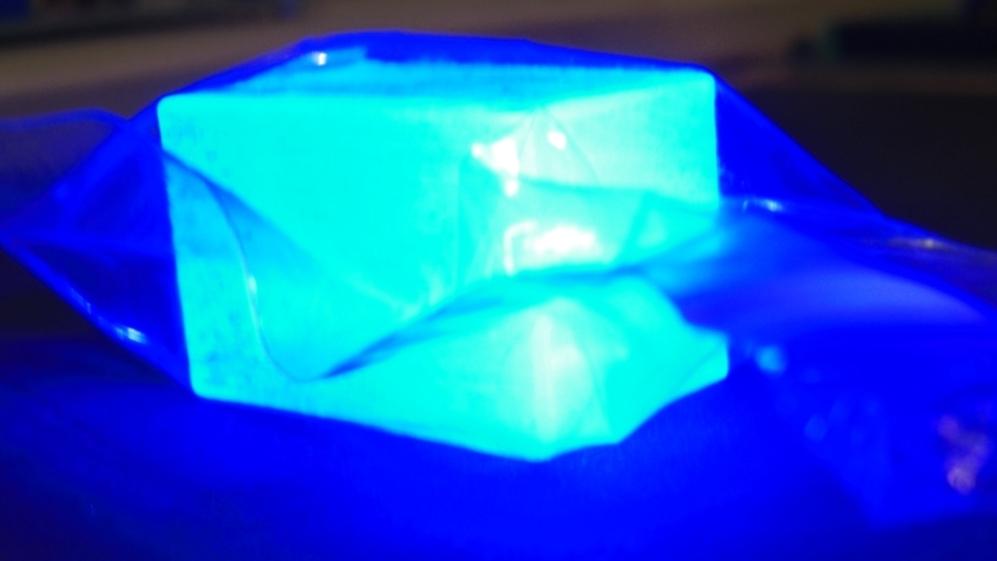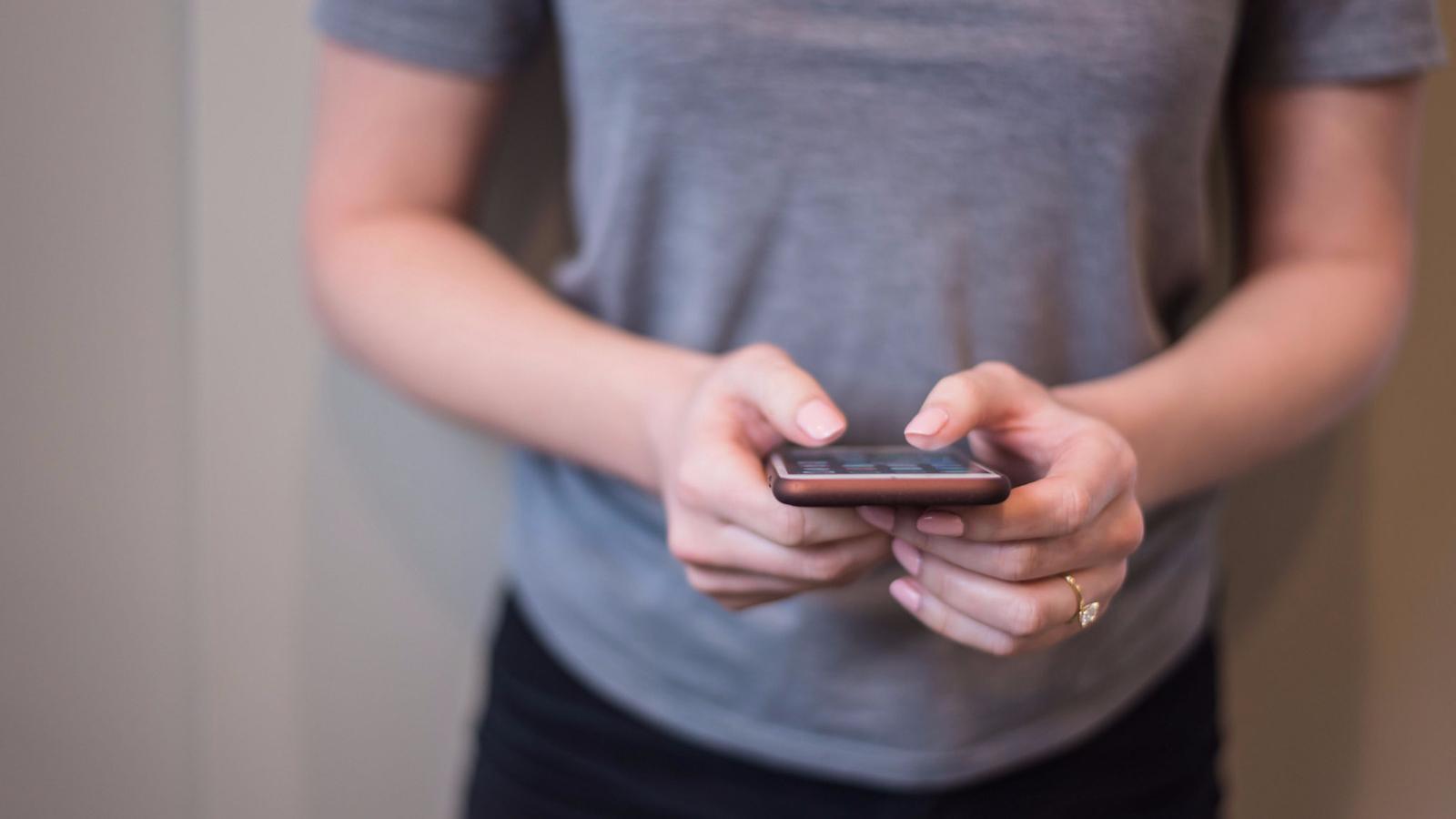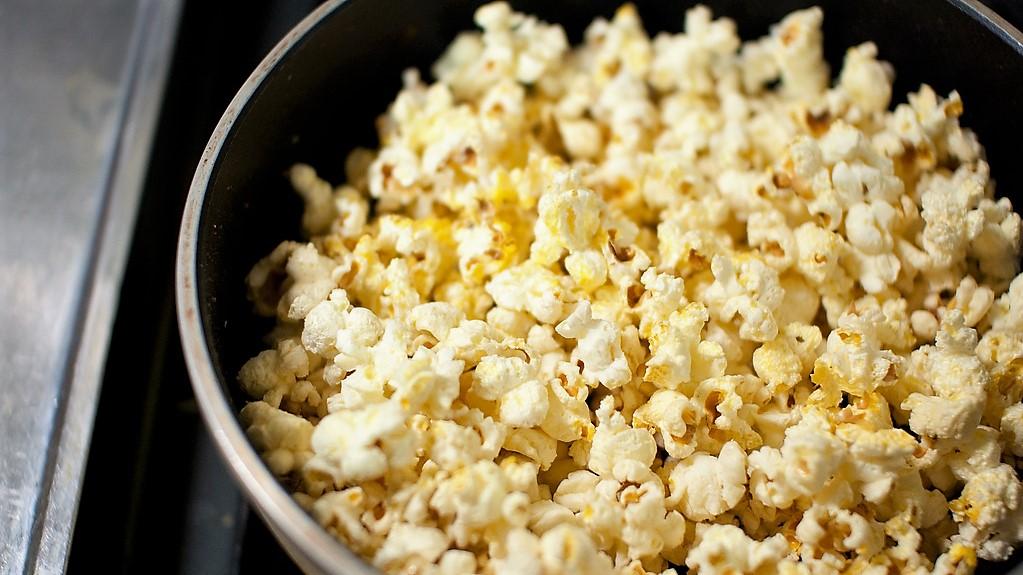Radiation
Not everyone wants the clean-up in Fukushima to be over
It’s been three and a half years since the nuclear disaster in Fukushima, and clean-up is still going. The area is still too dangerous for residents to return, but an army of decontamination employees has created its own small economy in the area, keeping a small number of businesses alive.
Science reporter Miles O’Brien on the Fukushima cleanup, irradiated fish and losing his arm on assignment
Three years after the tsunami-induced meltdown at Japan’s Fukushima Daiichi nuclear power plant, PBS NewsHour correspondent Miles O’Brien talks about the continuing contamination crisis, and the accident that caused him to lose his arm.Three years after the tsunami-induced meltdown at Japan’s Fukushima Daiichi nuclear power plant, PBS NewsHour correspondent Miles O’Brien talks about the continuing contamination crisis, and the accident that caused him to lose his arm.
Worried about radioactive ‘Fukushima’ fish in the US? Don’t be, scientists say
Nearly three years after the Fukushima nuclear disaster in Japan, many consumers in the US remain concerned about radiation in fish from the Pacific Ocean. One Seattle fisherman finally got his fish tested, and found what many scientists have also found: there’s nothing to worry about.


